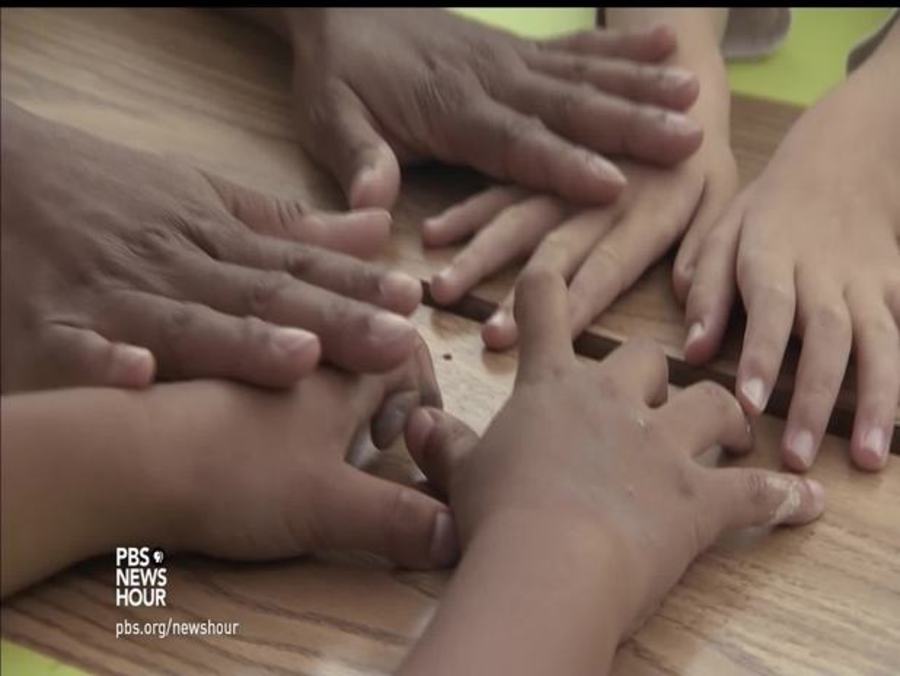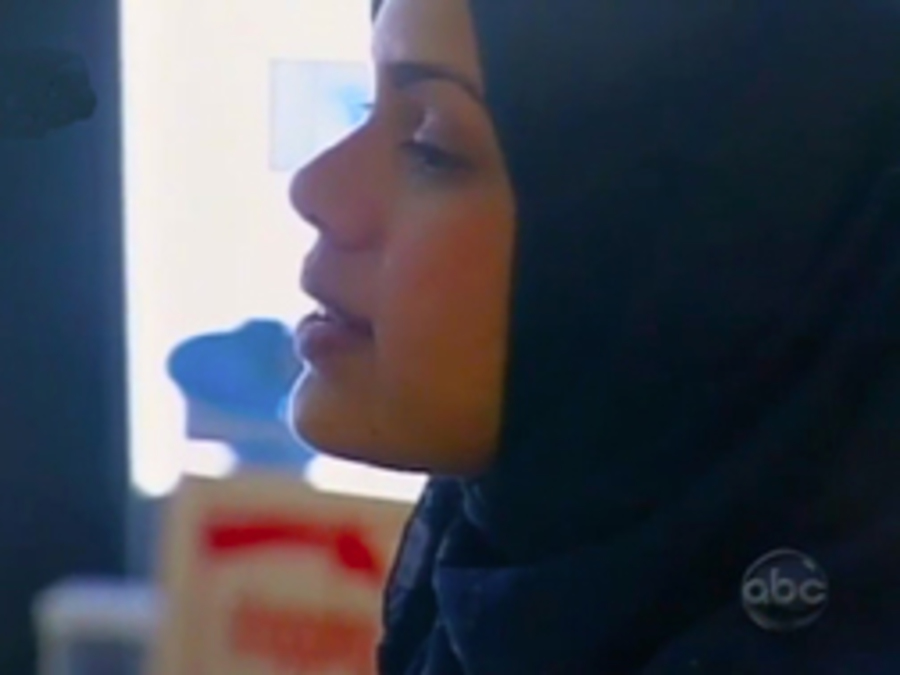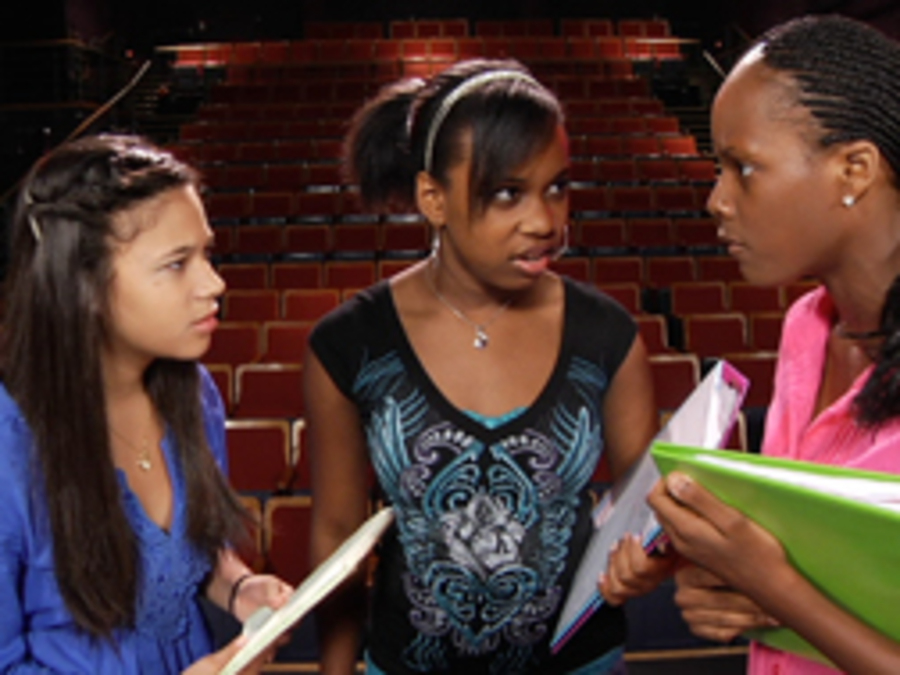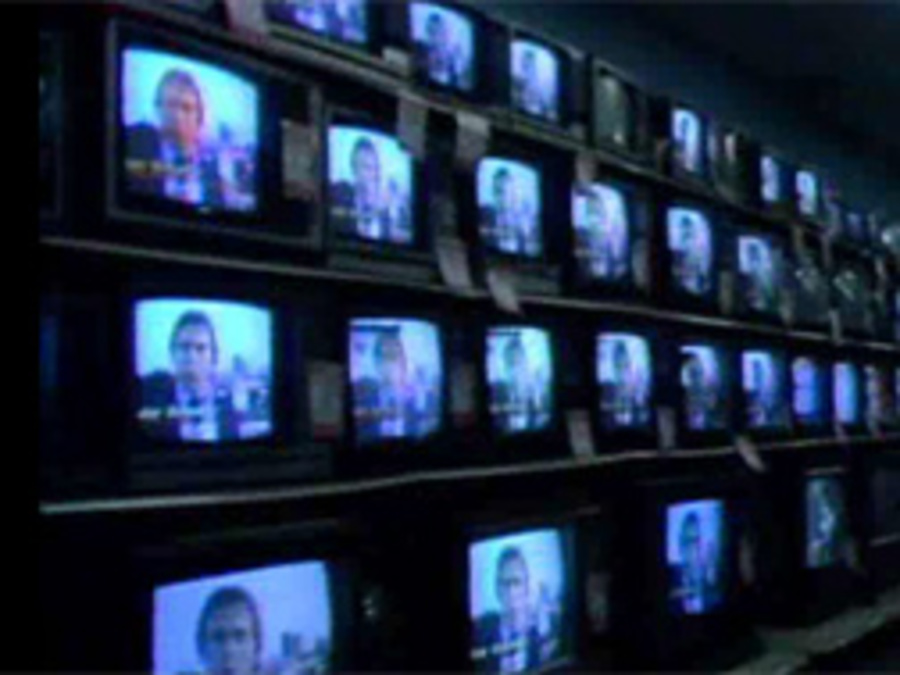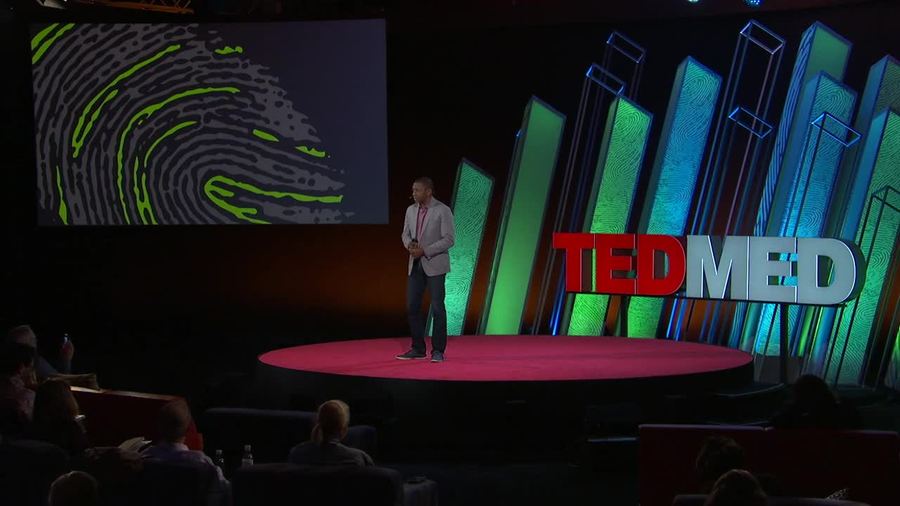 Try these videos to get started. Must be on campus or login with your COM account for off campus access.
Try these videos to get started. Must be on campus or login with your COM account for off campus access.
You may also want to check out thew streaming media from our Black Live Matter, the Civil Rights Movement or Racism & Racial Equality are check this list of 21 essential films about Black lives, in every major genre.
-
Anti-Bias Lessons Help Preschoolers Hold Up A Mirror To Diversity (06:24)
Some California preschools are getting children to participate in conversations about racial differences at an early age by introducing an anti-bias curriculum that teaches kids about diversity and inclusion. Against a backdrop of national divides over race, these educators use art projects and discussions to infuse a powerful message into the classroom. Special correspondent Cat Wise reports.
-
Confronting Discrimination and Prejudice Full Video (36:01)
Encourage students to explore biases and stereotypes with this group of ABC News segments. Each scenario puts actors into exchanges with unwitting bystanders, generating a wide range of responses—from overt hostility towards other races and cultures to acts of genuine compassion. Scenes include a bakery clerk’s refusal to serve a Muslim woman wearing a headscarf; cruelty towards an overweight woman seated on a boardwalk; a very public argument that threatens to become violent; and a purse-snatching in a crowded square, after which witnesses are asked to view a suspect lineup. Repeating the two latter situations, producers achieve varying reactions among onlookers by switching the races of the actors.
-
Overcoming Prejudice (30:55)
Prejudice isn’t something we’re born with—and if we learn it, we can unlearn it. The first step in that process is to study it objectively, as this video does through candid interviews, dramatizations, and expert commentary. Offering a practical definition of prejudice, the video explores its basis in ignorance and fear of outsiders, the qualities it most frequently targets (race, ethnicity, religion, sexual orientation, gender, physique, social class, and political beliefs) as well as its principal results—namely, discrimination, racism, and oppression. The program focuses in a teen-friendly way on prejudice in American society, with discussions of the “melting pot” concept; how such diversity, while unquestionably desirable, carries with it the potential for racial, ethnic, and cultural conflict; and how individuals, communities, and our nation can benefit from more dialogue between cultures, religions, races, and other demographic groups. A viewable/printable instructor’s guide is available online.
-
Race Against Prime Time (01:00:00)
This case study in media bias examines how ABC, CBS, and NBC network affiliates covered civil unrest in Miami’s predominantly black Liberty Hill neighborhood following the 1980 acquittal of police officers for the killing of a local resident. Taking viewers behind the scenes of the newsrooms that reported the story, the documentary examines the ways in which television reporting typically represents African-Americans—local broadcasters anoint black community spokespersons, characterize whites as victims and blacks as rioters, and fail to place the disturbances within the context of decades of racial injustice.
-
TEDTalks: Howard C. Stevenson—How To Resolve Racially Stressful Situations (17:38)
If we hope to heal the racial tensions that threaten to tear the fabric of society apart, we're going to need the skills to openly express ourselves in racially stressful situations. Through racial literacy—the ability to read, recast and resolve these situations—psychologist Howard C. Stevenson helps children and parents reduce and manage stress and trauma. In this inspiring, quietly awesome talk, learn more about how this approach to decoding racial threat can help youth build confidence and stand up for themselves in productive ways.
![]() Try these videos to get started. Must be on campus or login with your COM account for off campus access.
Try these videos to get started. Must be on campus or login with your COM account for off campus access.